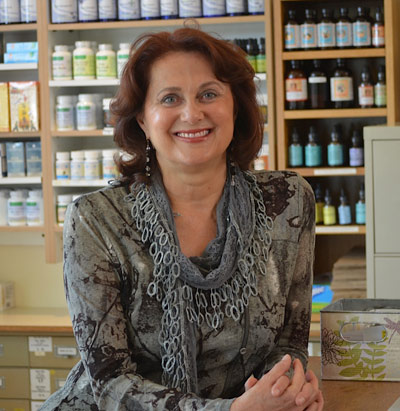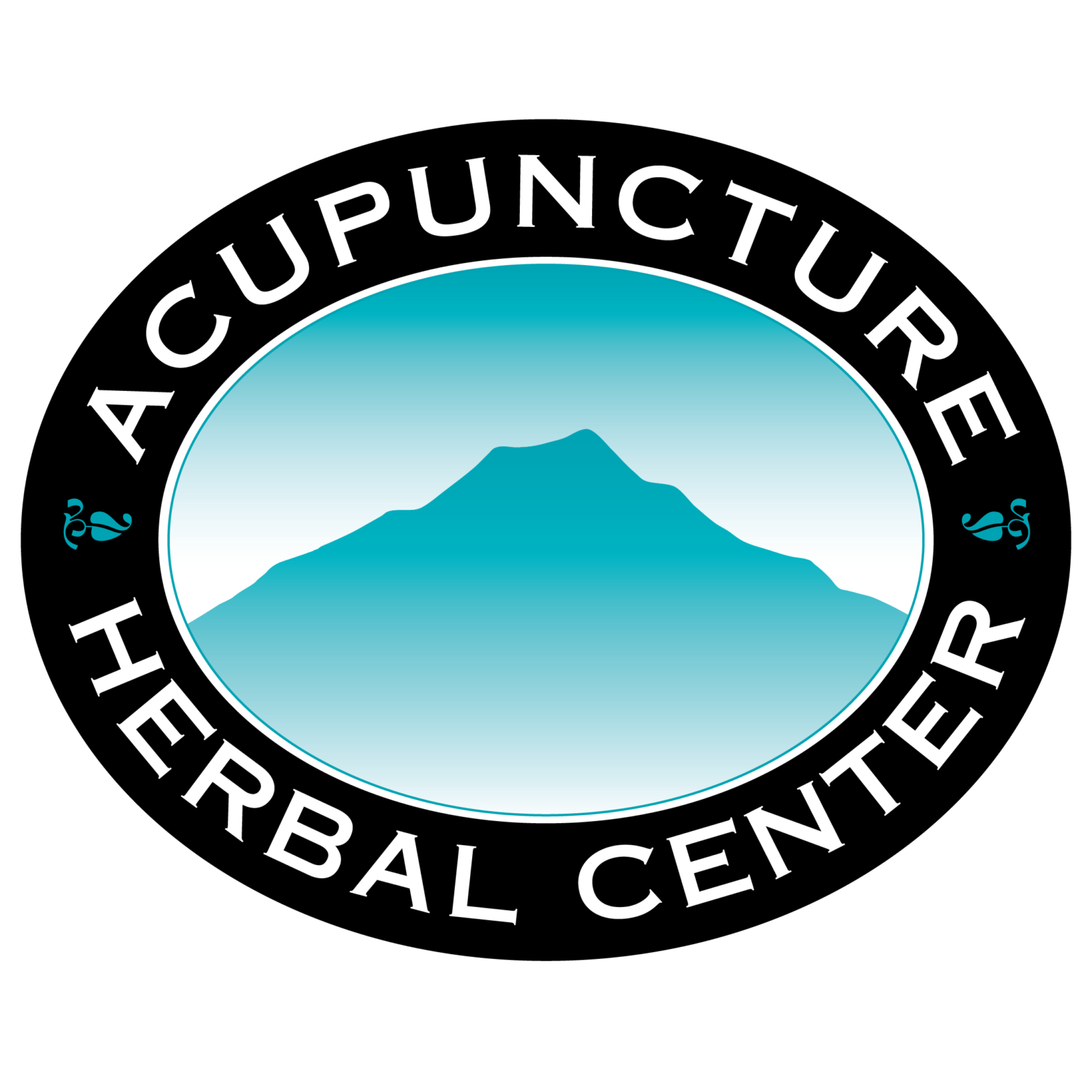Interview
Deirdra Claiborne alternativemedicine.com
 How did you first get started in alternative medicine?
How did you first get started in alternative medicine?
As a child, my father healed me with natural remedies. His approach planted a childhood seed. Since I was compassionate to the suffering of others…
- At 6 years-old I wanted to heal one of my classmate’s skin disease that deformed his hands. Unlike the others, I was not afraid to touch him.
- At 19 years-old, a native American herbalist shared her wisdom of healing, vast knowledge of life, nature, herbs and medicinal remedies.
Why did you choose this profession and what is your educational background?
- At 20 years-old, studying pre-med, one of my classmates marveled at his great results from Chinese medicine for migraine headaches. He suggested acupuncture and herbs for my recurring bronchitis. The results were immediate and during my series of treatments, I fell in love with Chinese medicine, as well as, qi gong, tai chi, acupressure and meditation.
- At 21 years-old, I apprenticed with an acupuncturist to learn how acupuncture was administered in a clinical setting. I attended Samra University – the first acupuncture school in Los Angeles, and I completed my education at American College of Traditional Chinese Medicine in San Francisco because of its comprehensive herbal program.
- In 1984, I studied Chinese medicine with several renowned Chinese doctors at Sun Yat Sen Medical School in Canton, China, and graduated with an advanced degree in female disorders and orthopedic pain-related conditions.
- In 1989, I completed a six-month advanced post-doctoral training in clinical acupuncture and herbal medicine at the Academy of Traditional Chinese Medicine in Beijing, China and a yearlong program in western orthopedics. Eastern and Western medical perspectives advanced my knowledge to treat complicated pain related conditions.
How does acupuncture work?
Our body is a self-healing organism with a network of interrelating energies. The even flow of the body’s energy (Qi) maintains health. But any disturbance, depletion, or stagnation unbalances the Qi and leads to disease. Acupuncture is a system that facilitates the natural processes, encouraging the Qi to regulate. The traditional Chinese diagnostic tools include pulse, tongue, physiognomy, and comprehensive patient consultation thus showing where the Qi needs to be redirected. Inserting minute acupuncture needles encourages the body’s innate ability to heal and rebalance.
Do you have a specialty and what modalities do you use?
I specialize in acute and chronic pain, allergies, gastro-intestinal disorder, menopause, fertility, facial rejuvenation and gynecological disorders.
- In 1980, I worked at the Alternative Medical Department for UCSF and treated many complicated chronic pain patients. They tried acupuncture as a last resort, and many had successful results. I also treated several infertility patients, because Chinese medicine increases the likelihood of conception by creating a relaxed and healthy intrauterine environment for pregnancy. My results were enhanced with suggested dietary and lifestyle changes.
- Other modalities include micro-current, herbal plasters, cupping, infrared therapy, moxa, herbal steam packs, and Chinese herbs.
Please share three case histories to show the broad range of conditions that Chinese medicine can treat?
- A 41-year-old woman came to see me with a history of tubal pregnancies and several miscarriages. She was having difficulty conceiving and had taken fertility drugs with no results. Her fertility specialist suggested in-vitro fertilization. Instead, I treated her with Chinese medicine. After 6 months of acupuncture and herbs, she became pregnant and had a healthy baby girl at 42 years-old.
- A 72-year-old diabetic woman wanted to avoid amputation of her feet that UCSF thought necessary due to a severe circulatory impairment. She had twelve acupuncture treatments in conjunction with electrode and infrared-light therapies. Her circulation began to improve significantly and amputation was not necessary even up to 92 years of age.
- A German Shepard who suddenly became paralyzed in his hind legs. After one month of paralysis, I treated him with electrode acupuncture therapy. After four visits, he was able to walk on his right hind leg. After the fifth visit, he was partially able to walk on his left. This case proved that belief is not necessary for Chinese medicine to work.
Would you like to share anything else?
I was honored to be one of the first acupuncturists in California to work in a major university-teaching hospital, with a staff of physicians that specialized in Western medicine. I would like to encourage health professionals to share the benefits of Chinese medicine with their patients so they have more choices in the healing process. The best of both worlds broadens the healing journey.
